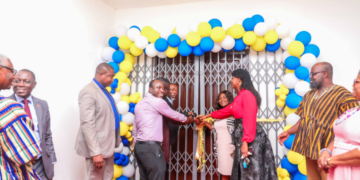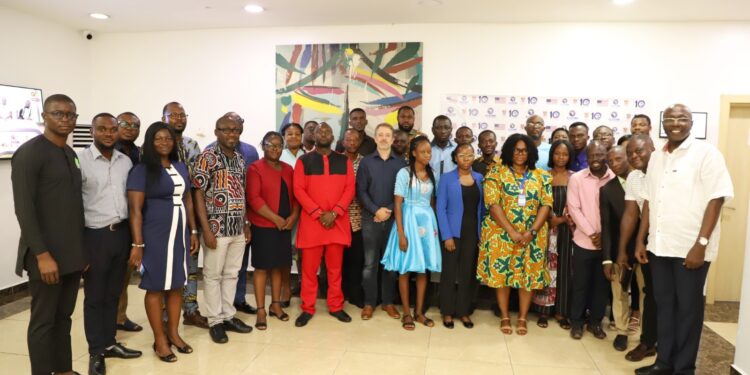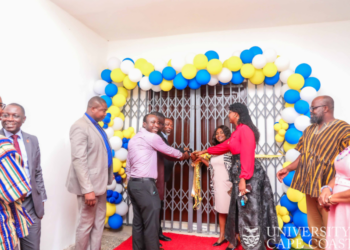The Executive Director of Centre for Maritime Law and Security (CEMLAWS) Africa, Dr Kamal-Deen Ali has called on the media to take active interest in the operations of industrial fishing vessels on Ghana’s sea.
Dr. Ali made the call at a training workshop organized by CEMLAWS in partnership with Centre for Coastal Management (CCM), University of Cape Coast for media practitioners in Accra.
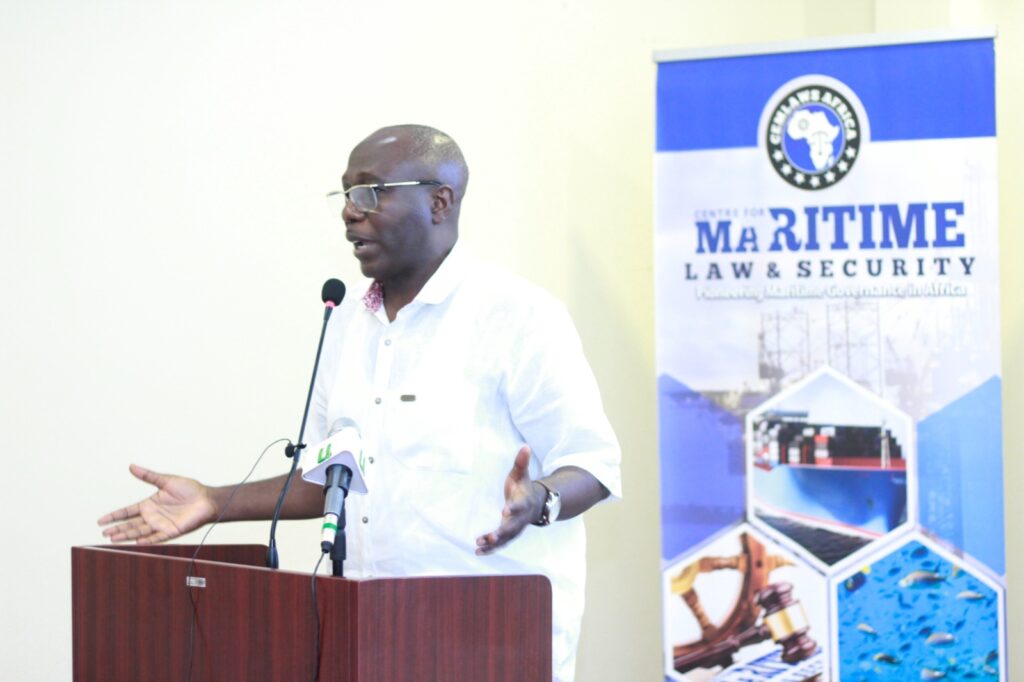
The training forms part of a project titled “Promoting Local Capacity to Address Destabilizing Impacts of Foreign Fishing Vessels in the Gulf of Guinea and Mauritania”.
The Executive Director of CEMLAWS Africa, Dr. Kamal-Deen Ali, implored the media to become collaborators and the voice in ensuring transparency and good governance in the fisheries sector.
Dr. Ali particularly singled out industrial vessels which mostly do not comply with the fisheries regulations in the country.
“Industrial Vessels should comply with the fisheries regulations and carry out their operations in a sustainable manner taking into consideration the rights of artisanal fishers and most importantly our future food security as a nation” he stressed.
The Executive Director of CEMLAWS, therefore, urged the media to take keen interest in the activities of industrial vessels and educate the masses as well as advocate the enforcement of legislations on the acquisition and operation of these vessels.
Dr. Ali further noted that Ghana is one of the 10 top consumers of fish in the world adding “We must make sure this resource is well protected.
On his part, the Director of CCM, Prof. Denis Worlanyo Aheto, underscored the need to jealously protect and efficiently manage the fishing industry considering its economic benefits to
“Fish is a renewable natural resource when you compare it with oil and gas, gold, and other resources. For fish, they reproduce and can support this country in perpetuity”
He further explained that the fishing industry if well managed will ensure food security, improve local economy, create employment, and support the value chain system.
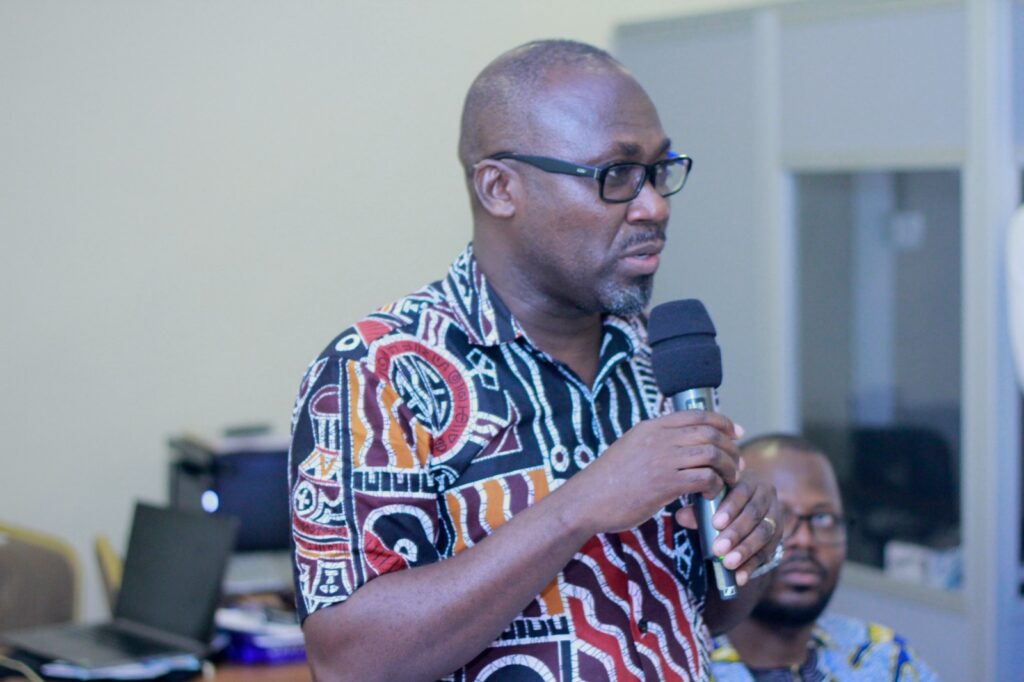
The Distant Water Fishing Vessels is a two-year project being undertaken by Centre for Maritime Law and Security (CEMLAWS) Africa and Centre for Coastal Management (CCM), University of Cape Coast with funding from the United States Department Agency
The project aims at increasing Civil Society Organisation (CSOs) monitoring, media reporting, and public awareness of the destabilizing influences of Illegal, Unreported, and Unregulated fishing (IUUF) activities and the foreign malign actors’ fishing operations in the region.
Also, it is intended to deepen monitoring, control, and surveillance capabilities and enhance sharing of actionable fishing information and intelligence to increase enforcement actions against IUUF activities.
In addition, the project will enhance transparency and accountability in the distance water fishing governance sector (countering IUU fishing) to counter the foreign malign influence within the sector.
Read more news here
Source: Louis Mensah/Documentation and Information Section-UCC

